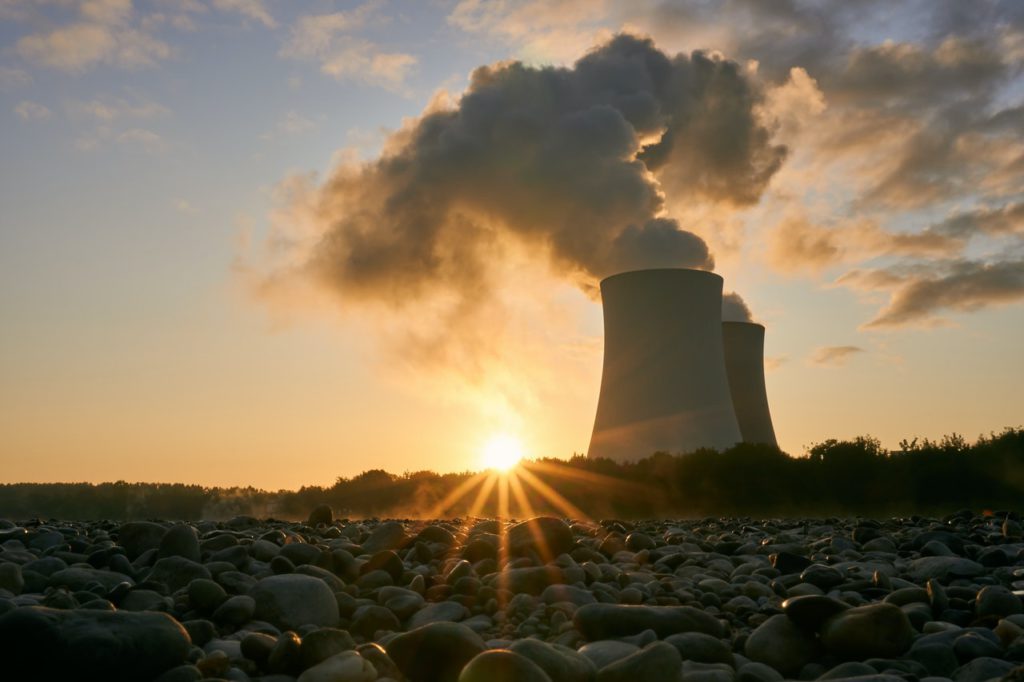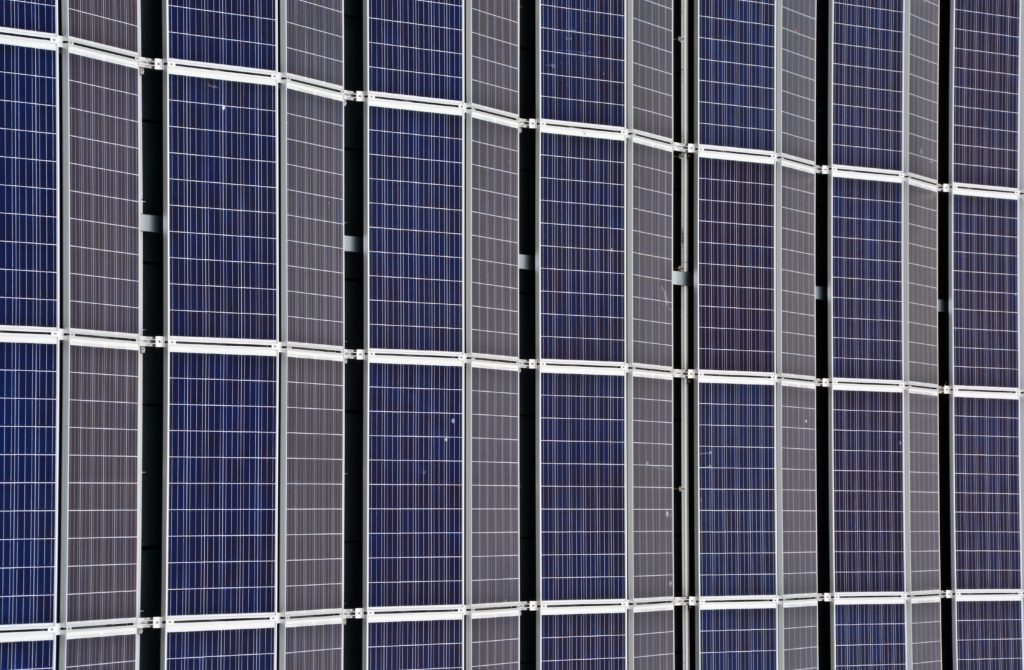Thus, the war with Ukraine will accelerate the global transition to clean energy. Meanwhile, the horror of Russia’s war against Ukraine, among all the suffering and economic losses that the war will bring to Ukraine, will contribute to the transition to cleaner energy.

The question for the whole world is whether a Russian invasion of Ukraine will slow down the wider energy transition. Now the question is how Russia’s invasion of Ukraine will change the global energy system. Europe was already considering fundamental changes to the energy system of the continents even before Russian President Vladimir Putin ordered Russia’s invasion of Ukraine.
The war in Ukraine prompted European governments, including Britain and the United Kingdom, to undertake a feverish reassessment of energy supplies to European governments that probably should have happened much sooner. The Russian-Ukrainian war is one key to global energy markets, and the other is climate change. By teetering on this global warming abyss and simultaneously surviving the Russo-Ukrainian war, he is creating a new framework for understanding global energy markets. The decision by the United States and Britain to ban oil and gas supplies from Russia could prove to be one of the biggest changes to global energy markets since the OPEC cartel capped oil production in the 1970s.
By declaring war on Ukraine, Ukraine and everything it brings to geopolitics, its energy trade will change. By declaring war on Ukraine against its neighbor and opposing the West, Russia will nullify Russia’s position as an exporter of energy resources.
Canada could face domestic and international pressure to expand Canada’s role as a safe source of fossil fuels for Western European and other Russian consumers of oil and gas. While Canada’s energy security is not under immediate threat, it may need to expand its role as a geopolitically stable and reliable source of fossil fuels due to the economic opportunities provided by rising oil and gas prices. One potential benefit at this stage could be that the prospect of prolonged high oil and gas prices will boost public interest in Canada’s energy transition, especially electric vehicles.
One problem is that renewable energy cannot replace fossil fuels on a large scale in the short term due to the lack of speed at which viable clean energy storage technologies are being developed. Renewable energy will become cheaper as innovations lower the cost of solar and wind technologies. The huge and long-term impact will be to significantly accelerate investment in renewable energy, with more solar and wind onshore and offshore.
The key will be to replace electric heat pumps powered by renewable sources with gas and oil heating systems, often powered by Russian fossil fuels. It is not possible to immediately install new systems and equipment for renewable energy, and since the crisis in Ukraine is acute, countries are also considering other solutions if Russia cuts fuel. Analysts say European countries can quickly reduce their dependence on gas through energy efficiency measures and increased investment in renewable energy, which is already in line with Europe’s ambition to stop emitting additional greenhouse gases into the country’s atmosphere by mid-century.
Europe has promoted gas and nuclear power as an integral part of the transition away from high-carbon fossil fuels such as oil and coal. However, in Eastern Europe, switching to clean energy is more of a challenge for countries like Poland and Slovakia, which have a modest renewable energy sector and are even more dependent on fossil fuels. The impact could be felt around the world as clean energy supply chains serving Europe expand to benefit other parts of the world.
The risks associated with Europe’s dependence on Russian oil and gas have always been at the heart of energy transitions in Europe. There is also evidence that the invasion may inadvertently accelerate the transition to cleaner energy. Aside from the immediate horror of the Russian invasion of Ukraine, perhaps its most obvious effect in terms of climate and energy policy has been that Europe urgently needs to accelerate the process of decarbonizing its economy.
After years of very slow moving away from coal and oil, if countries resume their use of fossil fuels under the influence of the war in Ukraine, it would spell disaster for efforts to cut greenhouse gas emissions. As we rush to replenish our energy reserves to replace Russian fossil fuels, the long-term consequence of a terrifying Russia can and should be an increase in demand for renewables. The West’s ability to wage an economic war against Russia over the rampant destruction of its neighboring sovereign state, Ukraine, is undermined by our reliance on Russian fossil fuels. In the short term, climate advocates are concerned that Russia’s dire need and the need for Russian resources appear to have pushed climate change off the political agenda.
Key energy policy issues will need to be resolved long before countries meet again on climate change. The war in Ukraine will have important implications for these issues, especially with regard to energy and climate change, for Canada and the rest of the world in the distant future. It is not clear how the conflict in Eastern Europe will play out and whether it will ultimately help or hinder global climate efforts. Efforts to reduce greenhouse gas pollution will be a one-generation process.
The Ukrainian people bear the heaviest burden of the war with Russia, but the war has also had serious ramifications for global energy markets. Vladimir Putin, the world’s leading energy adviser, has used Russia’s supply of fossil fuels to Europe as a “political and economic weapon” in the Ukraine war, asking Western governments important questions about how to deal with threats to democracy. And avoid climate catastrophe. The stark reality emerged on Thursday when President Vladimir Putin effectively invaded Ukraine, sparking Europe’s biggest conflict since World War II, with many analysts speculating that a major war on the European continent could be crippling what does it mean. Depends on Russia’s exports of fossil fuels to Russia.

